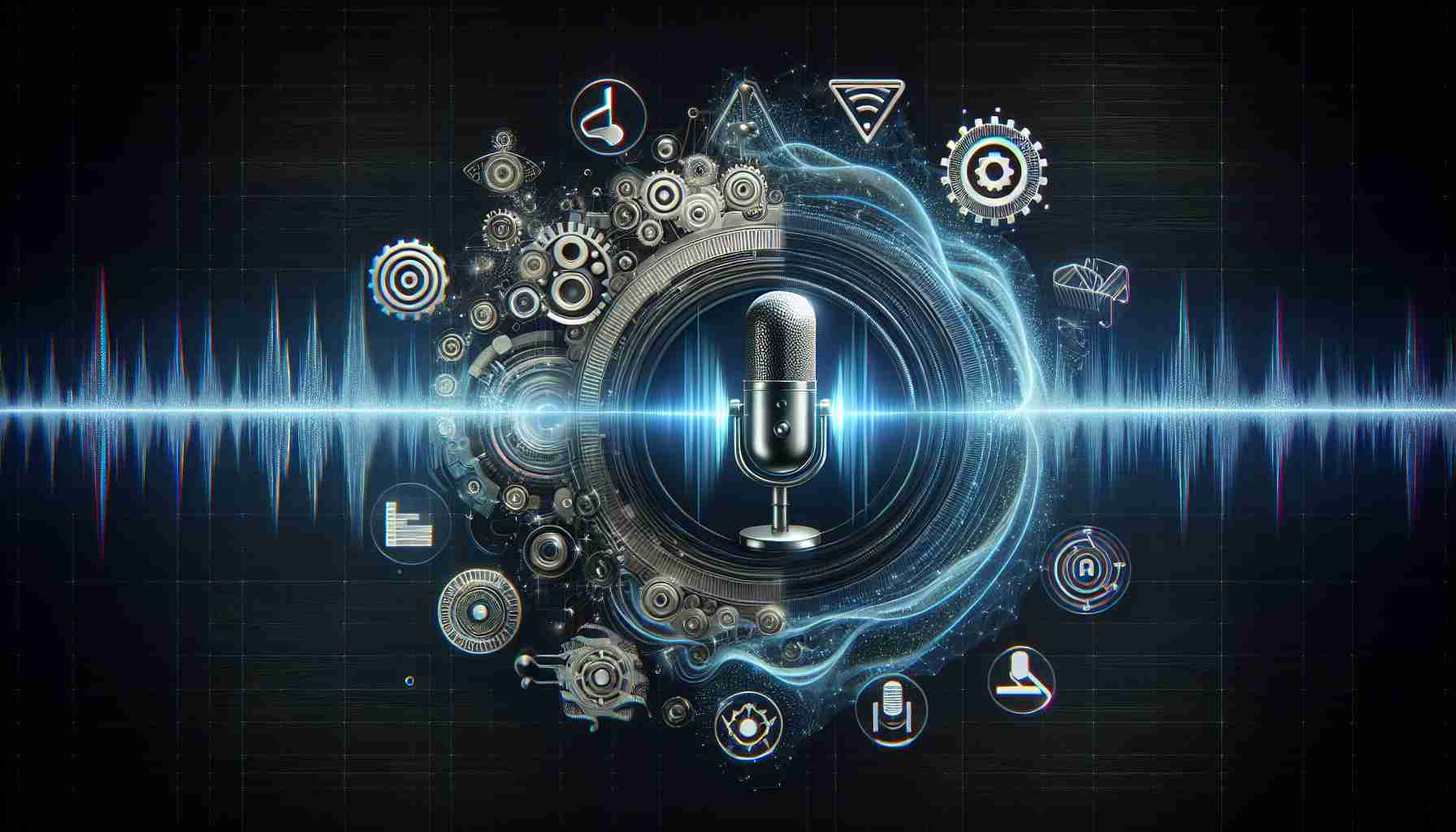OpenAI, as a pioneer in AI technology with its widely popular ChatGPT chatbot, has recently launched its groundbreaking Voice Engine, an artificial intelligence tool that is set to redefine AI-generated audio experiences. This innovative technology has the remarkable capability to replicate real human voices, signaling a significant leap forward in the realm of generative AI.
Voice Engine was publicly unveiled with great excitement, showcasing its outstanding features through samples from early testing phases. The tool can produce highly realistic imitations of human voices by analyzing a mere 15-second voice sample. Users can input text, and Voice Engine will bring it to life by reading it out in the AI-generated voice, offering a personalized and engaging audio experience.
While existing AI-generated voice services already exist, OpenAI once again asserts its leading position in the widespread adoption of AI solutions. Voice Engine emerges as a versatile AI-driven text-to-voice tool with vast potential applications, ranging from aiding in translation tasks to supporting children in improving reading skills, and assisting individuals who have lost their voice capabilities.
Nevertheless, valid concerns exist regarding the ethical use of this technology. There are fears that it could potentially be misused for the dissemination of false information or to facilitate fraudulent activities. OpenAI authentically acknowledges these risks and underscores the critical necessity of deploying synthetic voice technology responsibly.
To tackle these challenges, OpenAI has chosen to restrict Voice Engine’s usage to a select group of trustworthy partners, chiefly comprising education and health technology enterprises. Partners are subject to stringent guidelines that forbid the replication of voices without explicit consent and mandate the clear labeling of AI-generated content. These measures are employed to explore the optimal path for wider availability while maintaining ethical standards.
Recognizing the evolving landscape shaped by AI-generated audio, OpenAI emphasizes the importance of significant changes. Although Voice Engine is not yet available to the public, OpenAI aims to gradually phase out voice-based authentication mechanisms for bank accounts. They also advocate for the implementation of voice authentication processes to confirm the speaker’s authorization before deploying synthetic voice technology on a larger scale. Furthermore, the proposal for a “no-go voice list” is perceived as a preventive measure to avert the potential misuse of voices resembling prominent personalities.
One of the primary distinguishing features of Voice Engine is its multilingual capabilities. By leveraging voice samples in one language, the tool can synthesize voices capable of speaking in various other languages while preserving the original speaker’s tone and accent. This versatile functionality, as showcased by OpenAI in its blog post, holds immense promise for cross-cultural communication and language learning endeavors.
With eager anticipation surrounding the forthcoming public release of Sora, OpenAI’s AI-generated video tool, the debut of Voice Engine underscores the vast potential of AI technology. OpenAI continues to set new benchmarks by innovating AI tools that have profound implications across diverse industries, fostering progress and efficiency in communication, content creation, and accessibility.
Frequently Asked Questions (FAQ)
The source of the article is from the blog macnifico.pt
